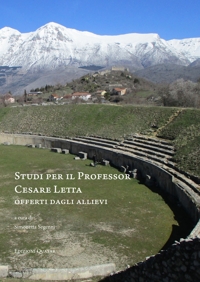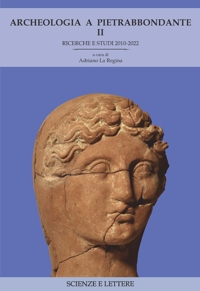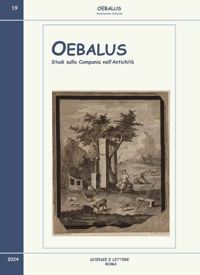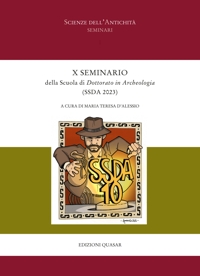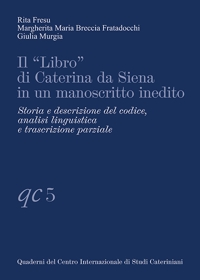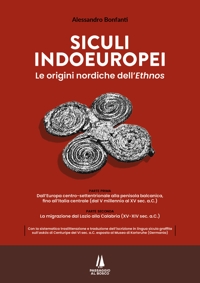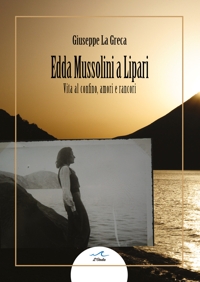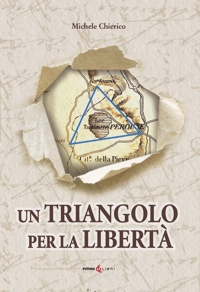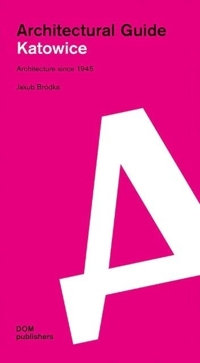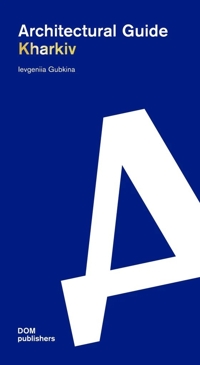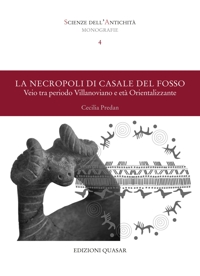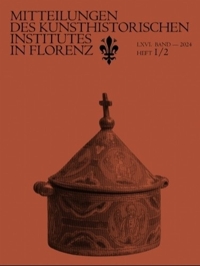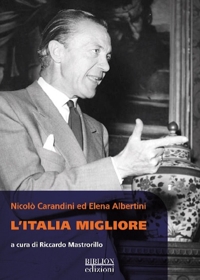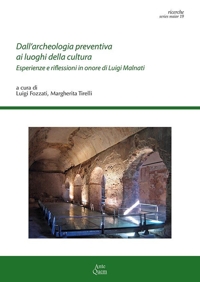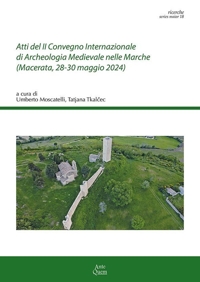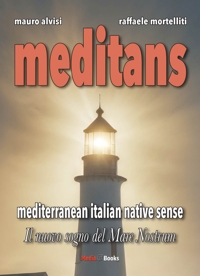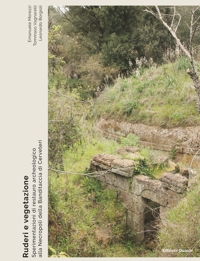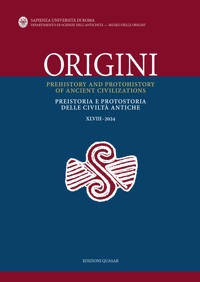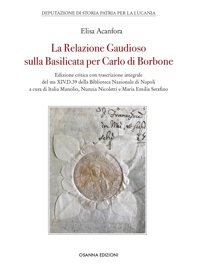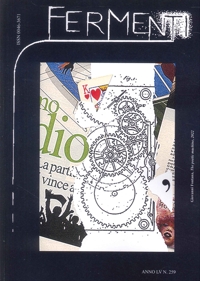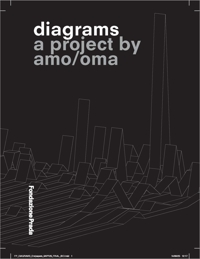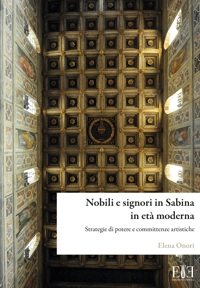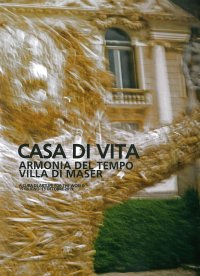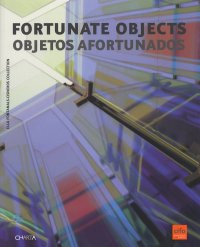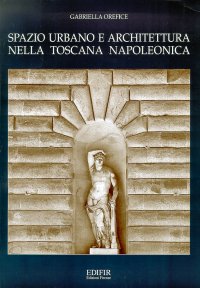Felice Palma. Massa 1583-1625. Collezione / Collection.
Texts by Andrei Cristina, Ciarlo Nicola, Federici Fabrizio, Claudio Casini and Sara Ragni.
Italian and English Text.
Pontedera, 2024; bound in a case, pp. 289, b/w and col. ill., b/w and col. plates, cm 24,5x34.
(L'Oro Bianco. Straordinari Dimenticati. The White Gold Forgotten Masters).
cover price: € 160.00
|
Books included in the offer:
Felice Palma. Massa 1583-1625. Collezione / Collection.
Texts by Andrei Cristina, Ciarlo Nicola, Federici Fabrizio, Claudio Casini and Sara Ragni.
Italian and English Text.
Pontedera, 2024; bound in a case, pp. 289, b/w and col. ill., b/w and col. plates, cm 24,5x34.
(L'Oro Bianco. Straordinari Dimenticati. The White Gold Forgotten Masters).
FREE (cover price: € 160.00)
Le botteghe del marmo
Italian and English Text.
Ospedaletto, 1992; bound, pp. 153, 10 b/w ill., 60 col. ill., cm 24x29.
(Immagine).
FREE (cover price: € 34.49)
Museo Stefano Bardini. I Bronzetti e gli Oggetti d'Uso in Bronzo
Edited by Nesi A.
Firenze, 2009; paperback, pp. 191, 102 b/w ill., 7 col. ill., cm 17x24,5.
(Museo Stefano Bardini).
FREE (cover price: € 30.00)
Bronzetti e Rilievi dal XV al XVIII Secolo
Bologna, 2015; 2 vols., bound in a case, pp. 729, ill., col. plates, cm 21,5x30,5.
FREE (cover price: € 90.00)
Alighiero e Boetti. [English edition]
G. Battista Salerno - Rinaldo Rossi - Andrea Marescalchi - Giovan Battista Salerno
Umberto Allemandi
Milano, Studio Giangaleazzo Visaconti, March 8 - May 31, 2006.
Milano, Studio Giangaleazzo Visaconti, March 8 - May 31, 2006.
Milano, Studio Giangaleazzo Visaconti, 8 marzo - 31 maggio 2006.
English Text.
Torino, 2006; paperback, pp. 60, ill., col. plates, cm 21x30,5.
ISBN: 88-422-1433-7 - EAN13: 9788842214335
Subject: Essays (Art or Architecture),Graphic Arts (Prints, Drawings, Engravings, Miniatures),Painting
Period: 1800-1960 (XIX-XX) Modern Period,1960- Contemporary Period
Places: Italy
Languages: 
Weight: 0.11 kg
Boetti often took on the role of director, merely setting up the processes while entrusting the realisation of his works to others.
A dialogue among several people (exemplified by the intelligent interview) is perhaps the best way to critically approach such a difficult work, also because it fully respects one of the standard practices invented by Boetti.
This book presents a conversation between three people. Giovan Battista Salerno, Rinaldo Rossi and Andrea Marescalchi, Boetti's friends and collaborators, talk about this unique artist, describing a zig-zag career between works and materials: collages, squared papers, maps, flags, stamped envelopes, silk-screen prints, watercolours and Indian ink drawings.
Simonetti Dario € 23.75
€ 25.00 -5 %








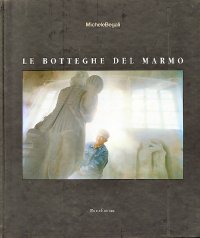

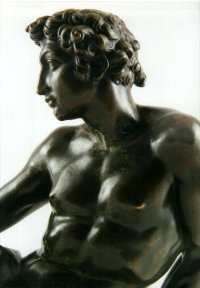
![Alighiero e Boetti. [English edition] Alighiero e Boetti. [English edition]](https://immagini.libroco.it/copertine/IMMAGINI/2421/1210860.jpg)
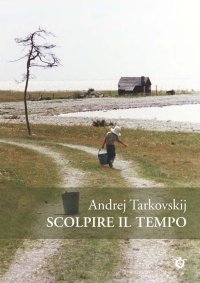

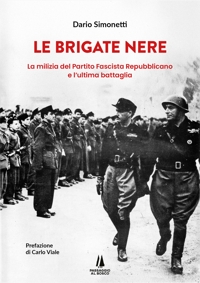
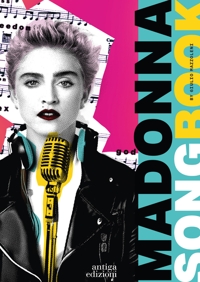

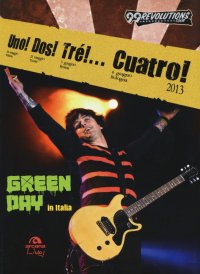
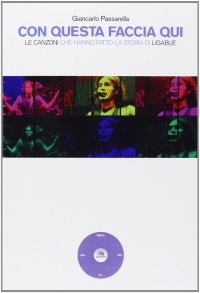
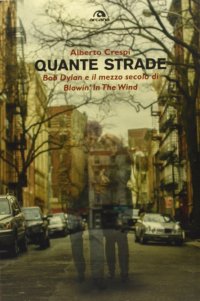

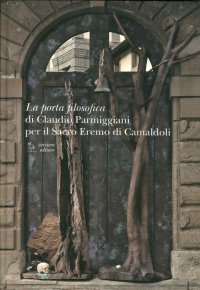
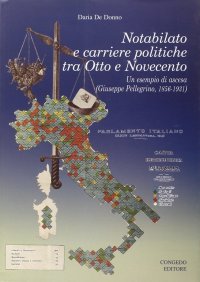


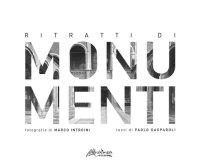
![Incantevole Puglia. Fra arte, storia e natura. [Edizione Italiana e Inglese]](https://immagini.libroco.it/copertine/IMMAGINI/3073/m-1536619.jpg)
